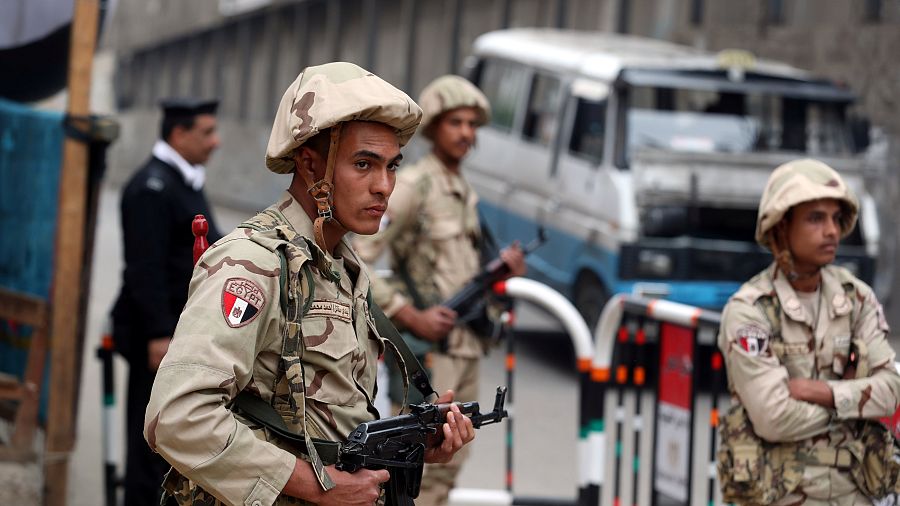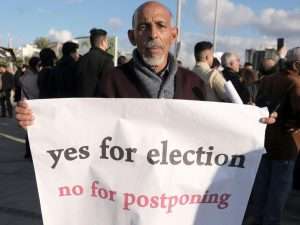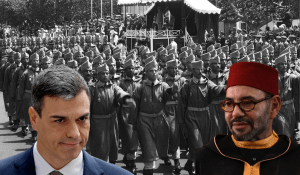Tunisian President continues to clash with major labour union

The citizens in Tunisia are protesting against their President, Kais Saied, as reported on The New Arab. Thousands took to the streets of Tunis on August 22nd, to demand union rights and greater civic freedoms. This is following the tension that has been heightening between Saied and Tunisian General Labour Union (UGTT), the country’s most powerful labour union.
The rally was organised by the UGTT, which accused President Kais Saied’s government of eroding labour rights and using intimidation to silence any difference of opinion expressed by the public.
Chanting “the street belongs to the people,” protesters gathered outside the union’s headquarters before marching down Habib Bourguiba Avenue. This was where the 2011 regional revolutions sparked around the Middle East and North Africa, and how then-President Zine El-Abidine Ben Ali was overthrown. He held power for 23 years, and so the revolution signified a key turning point in Tunisia. The 14th anniversary of the revolution on January 14th was marked by a demonstration organised by a coalition of liberal and leftist groups, to protest against a decline in freedom.
UGTT Secretary General Noureddine Taboubi said the union would not be intimidated by “threats and smear campaigns,” during a speech to the demonstrators. Since gaining power in 2021, Saied has arrested several of his critics. Taboubi has also called for the release of political prisoners and fair trials.
During the protest, Naïla Zoghlami, former president of the Tunisian Association of Democratic Women, described the UGTT as “the last standing fortress,” saying that if the UGTT were to fall that there could “be no talk of civil society in Tunisia.”
Prime Minister Sara Zanzari has also been involved in the escalating situation. She ended the long-standing system of paid leave for union officials, describing the system as a misuse of public funds. The UGTT were appalled by this, deeming the move as “a declaration of war.”
Despite clashing on political matters, economic matters between the UGTT and Saied are far more smooth-sailing, with both sides finding a common ground. Last year, Taboubi stated that the union “backs the position of the President.” This was following Saied’s rejection of IMF conditions tied to Tunisia’s loan request.
Both sides oppose selling off public companies, lifting subsidies, and implementing austerity measures, including wage freezes or restructuring state-owned enterprises. They both argue these steps would worsen hardship for workers and those living in poverty.
“Holding the UGTT responsible for the state of the country will only deepen tensions. We cannot continue to remain silent or wait for top-down solutions”, Taboubi said, adding that “the situation is on the verge of explosion.”
The New Arab, Maghrebi.org
Want to chase the pulse of North Africa?
Subscribe to receive our FREE weekly PDF magazine














